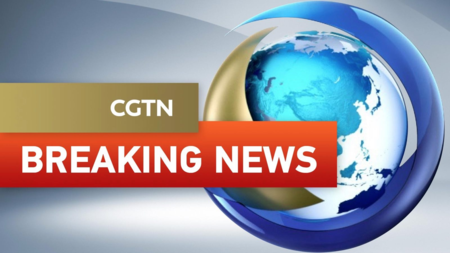Israel struck an apartment in the Iranian city of Qom early Saturday, killing Saeed Izadi, the veteran commander of the Palestine Corps in the Quds Force, the overseas arm of the Islamic Revolutionary Guard Corps (IRGC). This move marks a sharp escalation in a more than week-long air war between Israel and Iran-backed forces.
According to Israeli Defense Minister Israel Katz, Izadi was a key architect behind recent attacks on Israeli positions, making him a high-value target. Iran’s leadership, however, has vowed not to negotiate on its nuclear program while under such threats, signaling hardened resolve.
The region has seen a rapid exchange of strikes since the conflict flared seven days ago. Analysts warn that continued exchanges could unsettle global energy markets and heighten security concerns across G20 nations.
For young global citizens tracking geopolitics, this incident underscores the fragile balance in the Middle East. Business and tech communities are eyeing potential supply chain disruptions, while travelers and digital nomads are reassessing safety in the region.
Thought leaders and activists note that the lack of diplomatic engagement opens the door for further escalation. As both capitals dig in, the risk of broader regional involvement grows, with potential spill-overs into cyberspace and international waters.
The coming days will be critical. Will Iran retaliate in kind? Can any back-channel talks emerge despite public vows of no negotiations? One thing is clear: the outcome will ripple far beyond the borders of Israel and the Iranian mainland, influencing global politics, business, and the search for lasting security.
Reference(s):
cgtn.com



